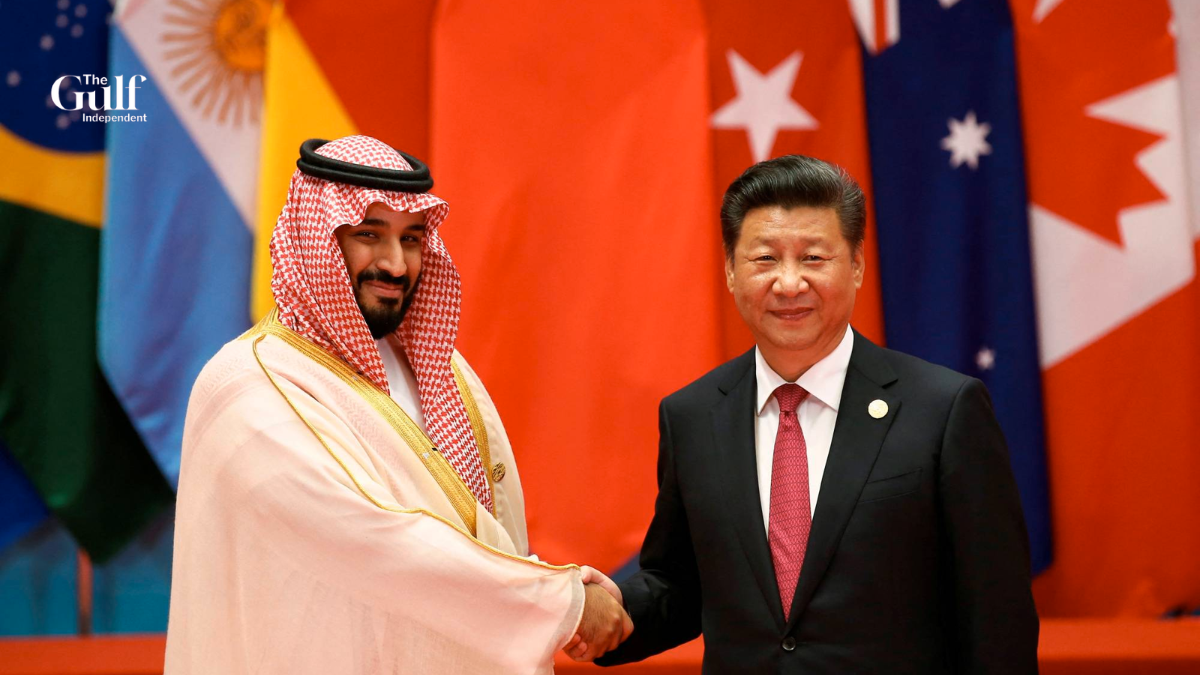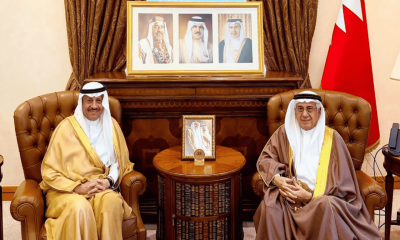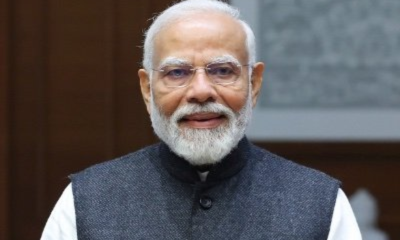Saudi Arabia will send one of its largest official delegations to China for the “Summer Davos” event, emphasizing the Middle Eastern country’s desire to improve ties and explore alternative investment partners outside of the Western world. The presence of a 24-member delegation led by Economy and Planning Minister Faisal Alibrahim and Communications and Information Technology Minister Abdullah Alswaha demonstrates Saudi Arabia and China’s shared commitment to restarting their economies following the challenges posed by the Covid-19 pandemic.
The Annual Meeting of the New Champions, sometimes known as the “Summer Davos,” will be held in Tianjin, China, and will be the country’s first in-person World Economic Forum event in three years. Saudi Arabia’s attendance at this important event highlights the country’s status as China’s main oil supplier, as well as China’s role as Saudi Arabia’s top commercial partner, with bilateral trade hitting $116 billion in 2022, up from $87 billion the previous year.
Saudi Arabia is eager to diversify its economy and diversify its investments beyond conventional areas like oil, refining, and telecoms. The government needs Chinese assistance in a variety of fields, including steel, internet platforms, gambling, and tourism. Given the magnitude of the Arabian market, particularly Saudi Arabia, this cross-border investment trend holds enormous potential for Chinese enterprises.
Recently, Saudi Arabia Stressed the protection of Gulf Industries in the GCC-China Free Trade Talks.
The WEF summit in China comes at a critical juncture in the Chinese economy’s recovery from the Covid-19 outbreak, as well as problems related to escalating tensions with the United States and investor confidence. Riyadh wants to expand its trade with Asia, notably China, in order to find new sources of economic growth and minimize its reliance on conventional Western alliances.
Crown Prince Mohammed bin Salman is directing attempts to diversify Saudi Arabia’s economy through the Vision 2030 program, focusing on sectors such as health, infrastructure, the digital economy, and tourism. Several bilateral investments have followed, including joint ventures with Chinese businesses such as Baowu Steel, Saudi Aramco, and the sovereign Public Investment Fund.
ALSO READ: If there is to be a breakthrough, Syria’s three regions need to be reconciled
Furthermore, Chinese-backed ventures, such as J&T Express, a parcel service group, have seen significant growth in Saudi Arabia, with hopes for a $1 billion Hong Kong offering. The Saudi Ministry of Investment has also welcomed Chinese investments in industries such as amusement parks and testing facilities.
The expanding cooperation between Saudi Arabia and China at the “Summer Davos” event demonstrates their shared commitment to reviving their economies and finding new growth routes. As both countries seek new investment partners and broaden their economic horizons, they add to the expanding landscape of global economic cooperation and demonstrate the potential for mutually beneficial collaborations in a variety of industries.






















